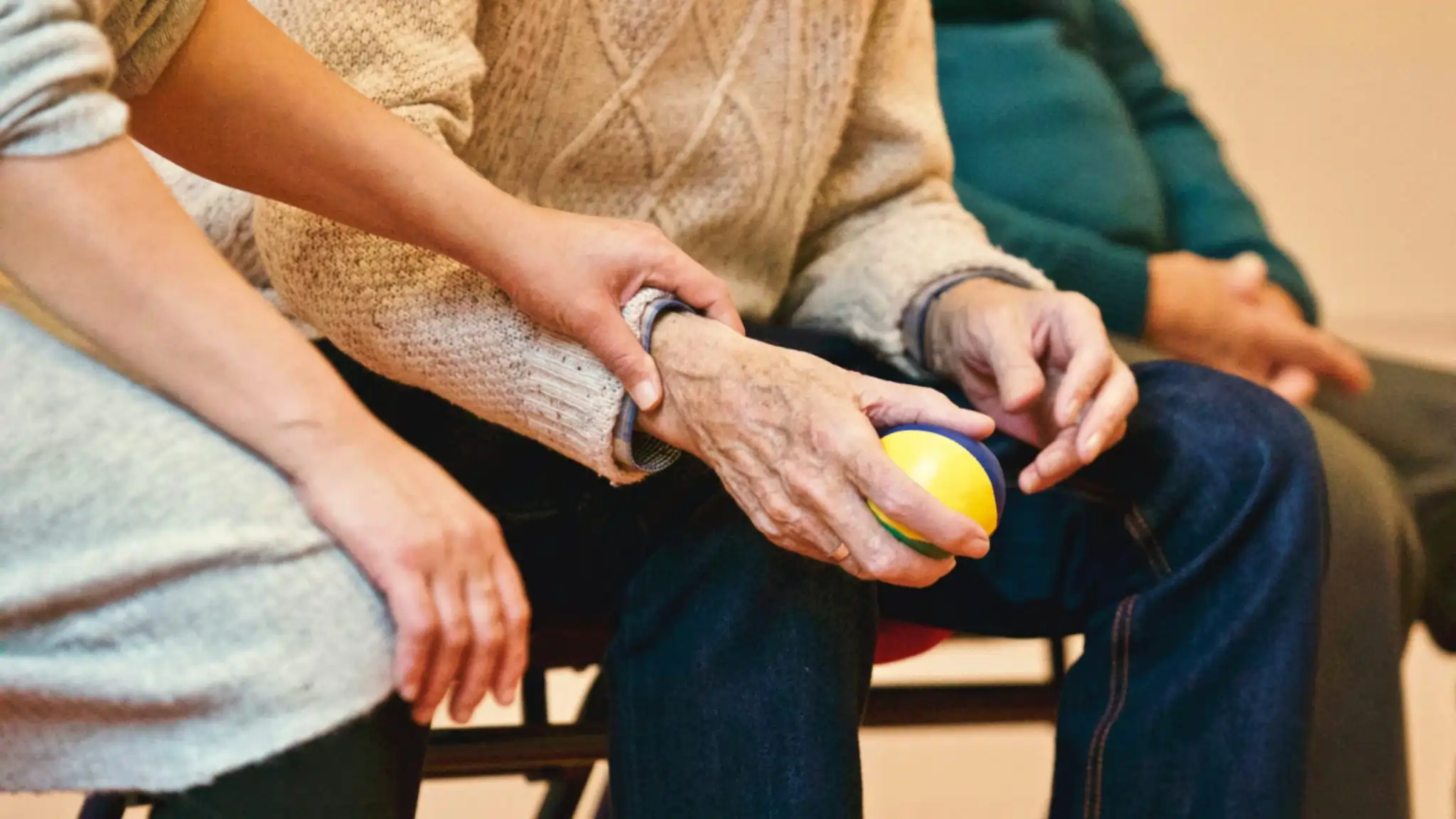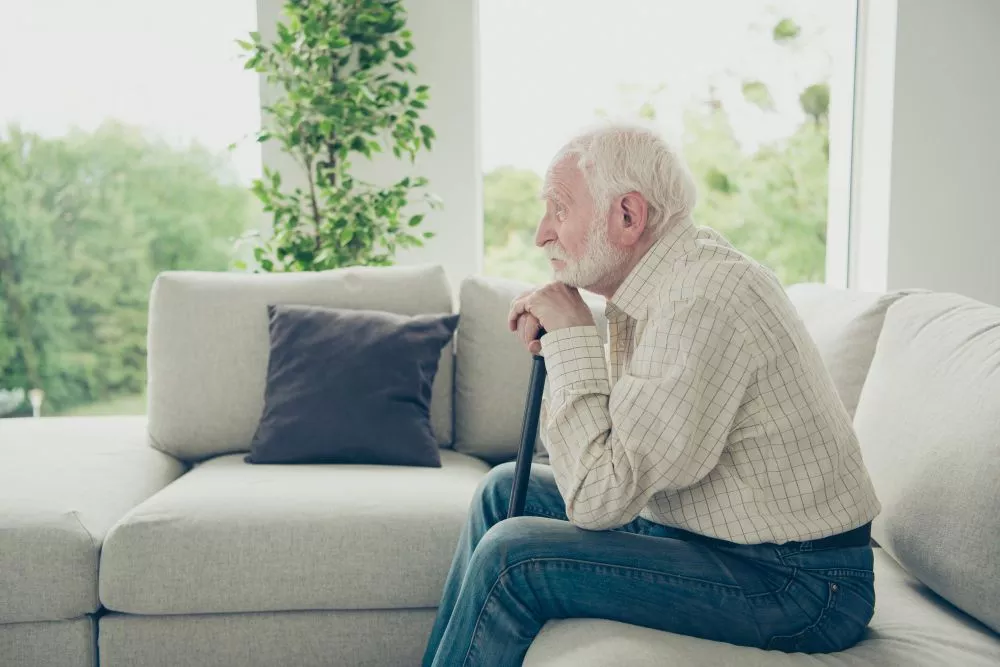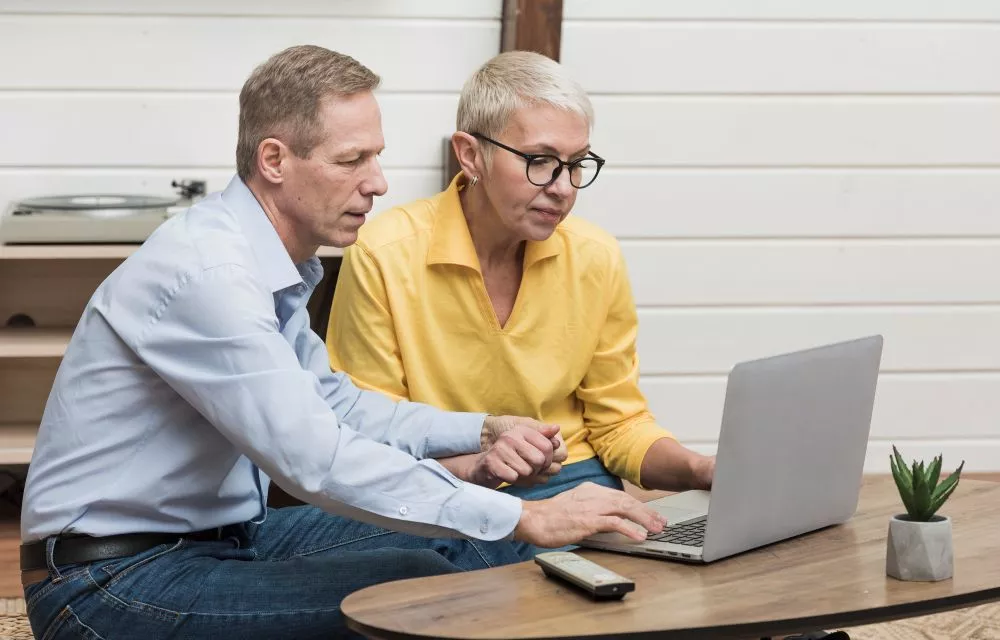VR As A Cutting-edge Technology Helping The Elderly In Nursing Homes

VR as a cutting-edge technology helping the elderly in nursing homes
VR technology is highly beneficial to seniors’ lives. VR with a wide range of apps that can improve the quality of life for senior citizens. It can help ease their anxiety and loneliness, improve their mental health and social connections. There are several medical and entertaining VR applications which use in retirement homes. It will be discussed below how VR benefits seniors.
VR keeps the brain active
As we know through the aging process our brain activity tends to slow. It needs to be stimulated daily to remain active and responsive. VR technology with its different apps provides senior clients with regimens and brain-stimulating games that require them to move around. These experiences vary from seeing 360-degree movies to traveling across the world which gives them relieving memories within the walls of retirement or nursing homes. VR offers an immersive virtual reality environment that can trigger fuzzy and hard-to-access memories. It stimulates the memory centers of the brain because it either is an actual experience that the person had at some point in their life, or it is similar enough to that experience that they had. they may not be able to tell the difference between reality and virtual reality. Of course, this is still considered therapeutic because they are able to trigger memories and forge connections in the brain. Also, it inhibits the symptoms of Alzheimer’s and dementia that some seniors are currently experiencing.
VR promotes socializing
Although residents of a nursing home live in close quarters, they still find it difficult to make friends. Since feeling lonely directly increases the chances of an earlier death, socialization is vital for older adults. Through VR apps seniors can travel or participate in events together. They can accompany each other in unique experiences ranging from walking through a jungle path to sitting in on a jazz concert. It makes it easier to socialize because participants don’t have to directly see the person they’re interacting with. These activities can decrease loneliness, create a sense of purpose, make seniors feel like they belong, and increases their self-esteem.
VR promotes positive emotions and relaxation
Participants reported that their experience was overwhelmingly good, with 100 percent of them saying that they enjoyed the experience. The majority reported that virtual reality had a positive impact on their mental health, with 96 percent saying it helped them feel happier, 97 percent felt more relaxed, 98 percent more positive and 94 percent less worried.
VR provides long term care
Virtual reality can recreate environments that can trigger memories and enhance mental stability. VR medical applications with their care facilities can increase the quality of life and overall life expectancy. They provide the seniors with experiences from the world outside without stepping out of the room. They can see the world they would never have a chance to visit. It can help seniors overcome social isolation, decrease depression, anxiety and loneliness. visit. It can help seniors overcome social isolation, decrease depression, anxiety and loneliness. behavioral and psychological symptoms of patients having a mild cognitive impairment and early-stage Alzheimer’s disease,” says the American Journal for Alzheimer’s Disease and other Dementias. Also, many VR games keep seniors active and responsive that can boost physical health, physical movement, and rehabilitation. In the end, we can see that VR technology is vital to homecare, clinics, nursing homes, and community centers.




